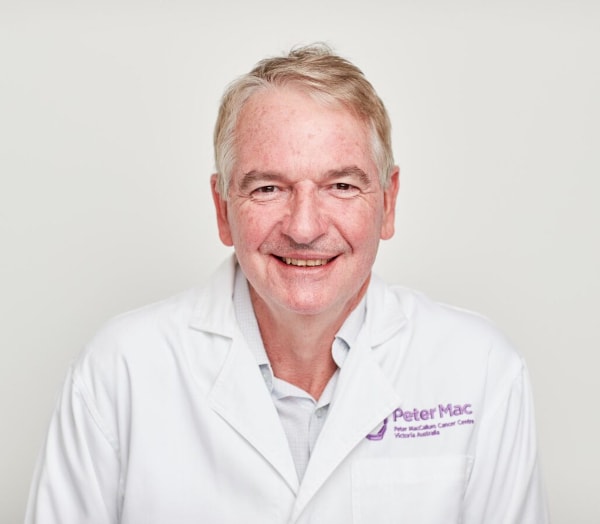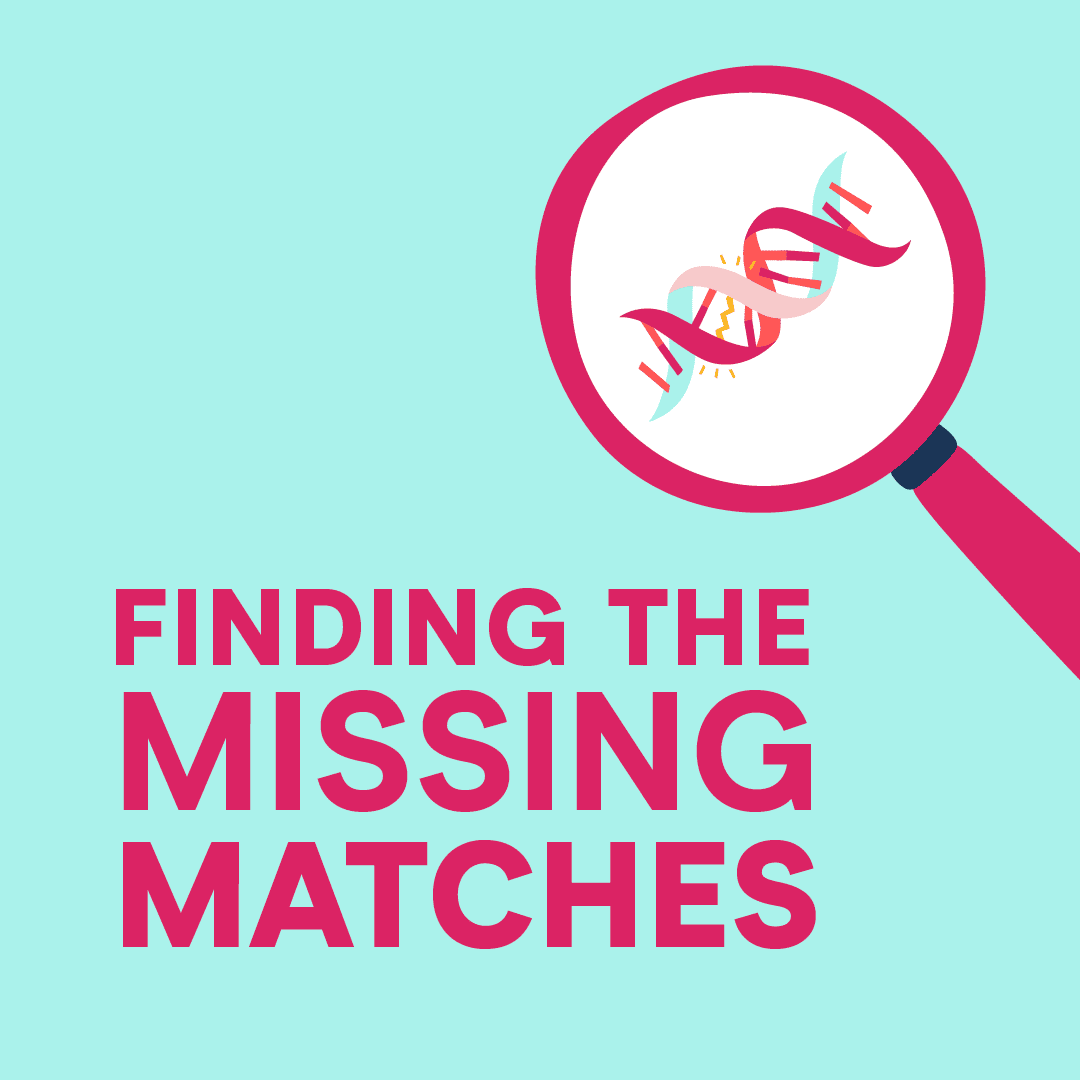You have returned to the top of the page.
A family united in their fight
against breast cancer
Erica Packer and her sister Jo Hunter have confronted more diagnoses of breast cancer than any family should ever have to face.
Both Erica and Jo are long-term supporters of the National Breast Cancer Foundation, as was their beloved mother Sheelah Baxter, who shared her story at local breast cancer gatherings to help educate and inform others.
The sisters lost their mother, Sheelah, to breast cancer in November 2011. Their aunt and grandmother also died from breast cancer. This family history of breast cancer is referred to as familial breast cancer and was recently covered by Australian Story.
NBCF is incredibly grateful to Jo and Erica for sharing their family’s story of breast cancer and helping to continue to raise awareness of the need for breast cancer research, particularly familial breast cancer, to help us achieve our vision of Zero Deaths from breast cancer.


Around 7,500 Australians will be diagnosed with familial breast cancer over the next five years that cannot be explained by known genetic risk factors
NBCF-funded research into
familial breast cancer

NBCF is investing in world-class research to uncover the unknown genetic faults that occur in families like Erica Packer and Jo Hunter, that may increase the risk of developing breast cancer.
We have coined the term ‘missing matches’ to describe these unknown genetic faults and finding them is an important reaching step towards NBCF’s vision of Zero Deaths from breast cancer.
NBCF-funded researchers are using latest DNA sequencing technology together with clinical and biological information collected from two major studies to uncover these missing matches.
A better understanding on how to reduce future breast cancer risk for
individuals and their family members is vital.
About NBCF’s ‘Missing Matches’
Research Project
Many research groups worldwide are working to identify new familial breast cancer genes however there have been few significant discoveries since the 1990s when the BRCA1 and BRCA2 gene mutations were first associated with an increased risk of breast cancer.
In pioneering work at the Peter MacCallum Cancer Centre, NBCF-funded researchers Professor Ian Campbell and Professor Paul James are advancing this search by combining different types of genetic and clinical information collected as part of large cohort studies.
Professor James assembled a world leading cohort of more than 9,000 women with unexplained familial breast cancer (the ViP study) and Professor Campbell a cohort of 55,000 women without breast cancer (the Lifepool study). They are using latest DNA sequencing technologies and comparing of genes of women with and without breast cancer, to reveal potential new breast cancer risk factors.
Over 40 new gene mutations, and associations between genes, that may contribute to familial breast cancer have been identified. However, before these genes can be applied clinically, more proof of their link to breast cancer must be confirmed. Unlike BRCA1 and BRCA2 gene mutations, each of these new breast cancer risk factors may only be present in a small number of families explaining why they have been so hard to identify.
These studies are only possible through an ongoing partnership with the clinical and laboratory research teams. Thanks to the strong connections formed by Professor James and the recruited women via the ViP study, the research team have permission to study the genes in their thousands. The ability to study familial breast cancer on this scale is unique and world leading.


What is Familial Breast Cancer?

- Familial breast cancer is the term used to describe families that experience a higher number of breast cancer diagnoses than would be normally expected across the population.
- Around 7,500 Australians will be diagnosed with familial breast cancer over the next five years that cannot be explained by known genetic risk factors.
- Around 10–15 per cent of all breast cancers result directly from familial breast cancer
- People with some familial breast cancer have a higher risk of relapse than those without.
- People with some familial gene mutations are more likely to develop more aggressive subtypes of cancer, such as triple negative breast cancer. The discovery of these genetic faults could change the outcome for all Australians directly or indirectly affected by familial breast cancer.
What to do if you think you are at risk of familial breast cancer
Speak to your GP about a referral to a familial cancer centre, if you have a significant family history of breast cancer as defined below:
- You have been affected by a cancer such as breast or ovarian cancer at an unusually young age.
- If you have multiple relatives affected by breast cancer (male or female) or invasive epithelial ovarian cancer.
- If you have at least one relative affected by both breast cancer and invasive epithelial ovarian cancer.
- If you have relatives who have had a diagnosis of breast cancer in both breasts, especially at a younger age (under fifty years of age).